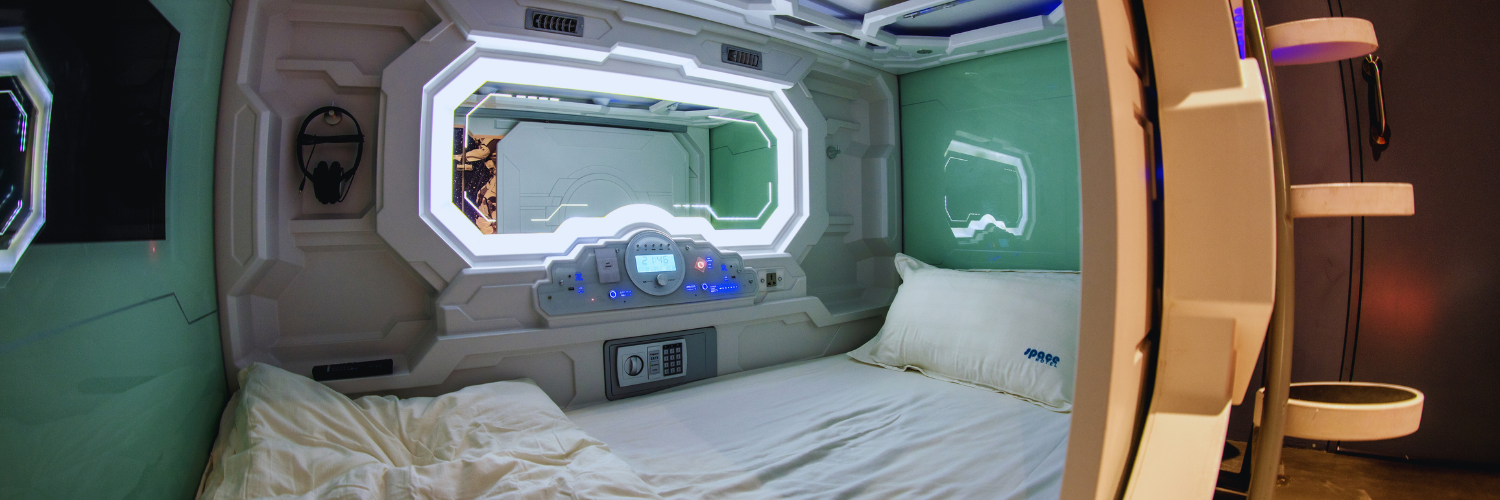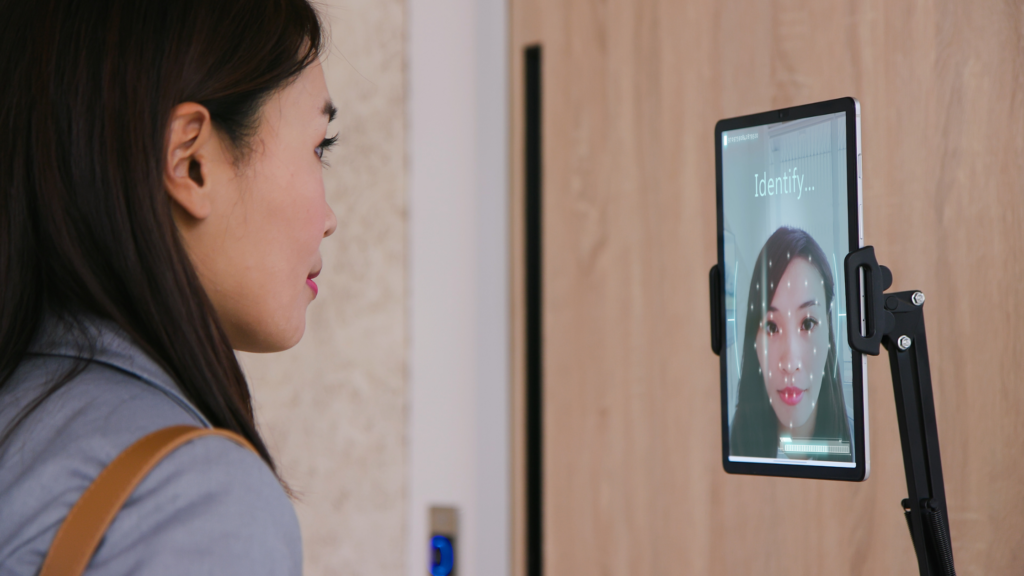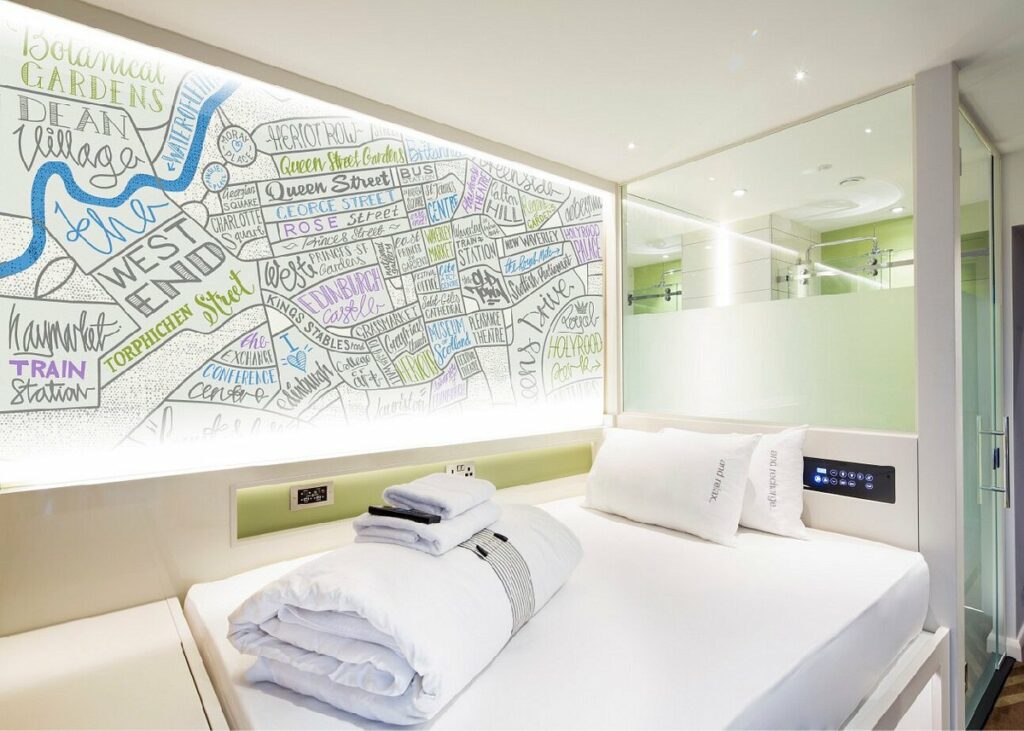
The Digital Revolution: Transforming Hospitality Through Automation and Technology

In today’s fast-paced world, the hospitality industry is undergoing a remarkable transformation. The expectations of travelers and guests are evolving, and hotels and hospitality businesses are finding innovative ways to meet these changing demands. At the heart of this revolution lies the powerful duo of automation and technology.
Gone are the days when travelers simply sought a comfortable bed and a good meal at a hotel. The modern guest craves an experience that goes beyond the basics. They want personalized services, seamless interactions, and memorable stays. To stay competitive, the hospitality industry has had to adapt, and technology is the driving force behind this adaptation.
Streamlining Operations
One of the most noticeable impacts of technology in the hospitality industry is the streamlining of operations. Automation has made it possible to optimize everything from housekeeping and maintenance to guest services. For instance, smart room control systems can adjust lighting, temperature, and entertainment options based on guest preferences, ensuring a comfortable and personalized stay.
Hotels are also utilizing chatbots and virtual concierges to provide instant assistance to guests, whether it’s answering questions about local attractions or arranging room service. These innovations not only enhance the guest experience but also free up staff to focus on more meaningful interactions.
Personalized Guest Experiences
Technology has unlocked the ability to offer highly personalized guest experiences. By harnessing the power of data analytics and artificial intelligence (AI), hotels can gain insights into guest preferences and tailor their services accordingly. Imagine checking into a hotel, and the staff already knows your favorite room temperature, pillow type, and dining preferences.
Some hotels even use facial recognition technology to expedite check-in processes, making the guest’s arrival smoother and more convenient. This level of personalization not only delights guests but also fosters loyalty and positive word-of-mouth recommendations.

The Future of Hospitality
As we look to the future of hospitality, the role of automation and technology will only become more pronounced. Emerging trends include contactless check-in and check-out processes, AI-powered concierges that offer personalized recommendations, and the integration of the Internet of Things (IoT) to enhance guest experiences.
While the benefits of these innovations are clear, there are also challenges to consider. Data privacy, cybersecurity, and striking the right balance between technology and the human touch are crucial issues to address.
Success Stories
Countless hotels and chains have already harnessed the power of automation and technology to great effect.
For example, Marriott International has deployed IoT devices to enhance the guest experience, allowing guests to control room settings through voice commands. Hilton’s “Connected Room” concept offers a seamless in-room experience, from lighting preferences to streaming options.
Another example is in the UK at The Hub Hotel from Premier Inn. They started placing wall maps in the hotel rooms that are augmented-reality city guides.
In conclusion, the transformative power of automation and technology in the hospitality industry cannot be overstated. These innovations have reshaped how hotels operate and how guests experience their stays.
To thrive in the digital age, hotels must embrace innovation, adopting the latest technologies to meet and exceed the evolving expectations of their guests.
The future of hospitality is undoubtedly digital, and those who adapt will lead the way in providing exceptional guest experiences.


